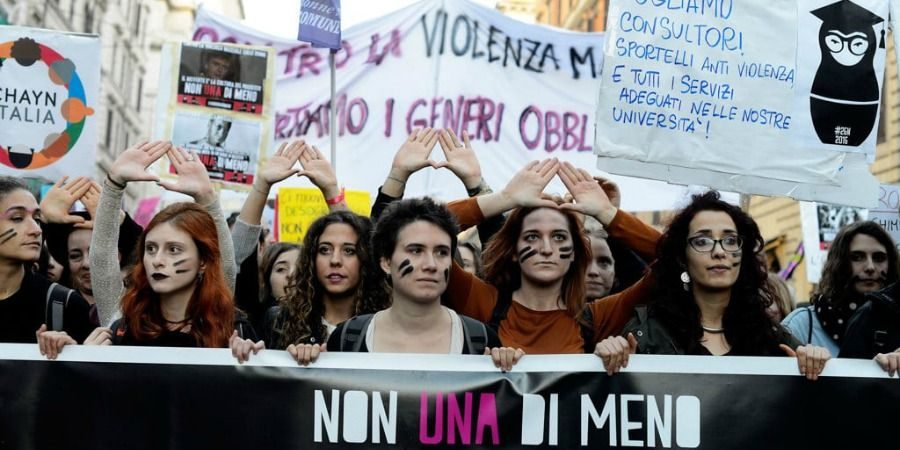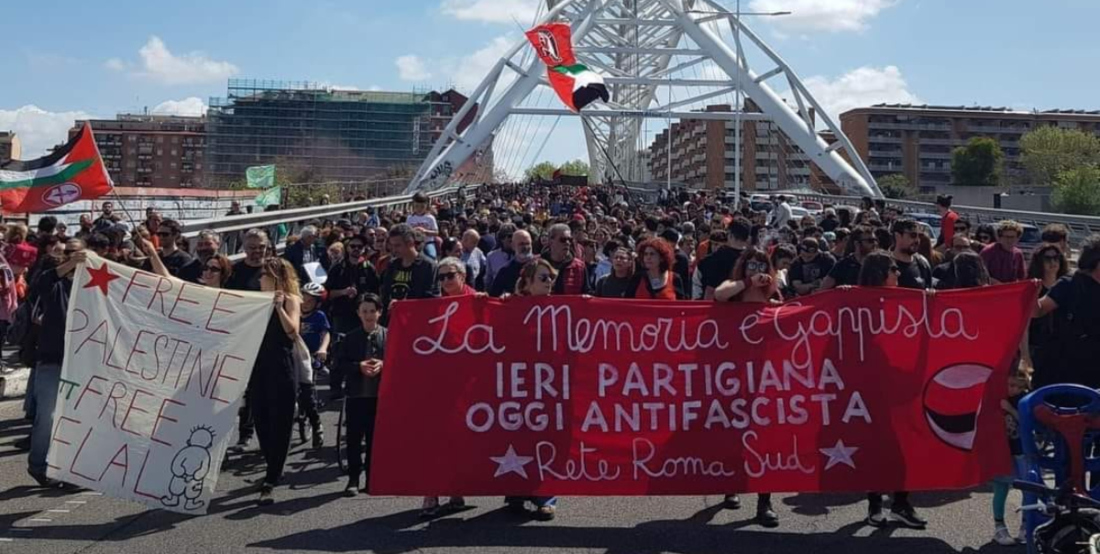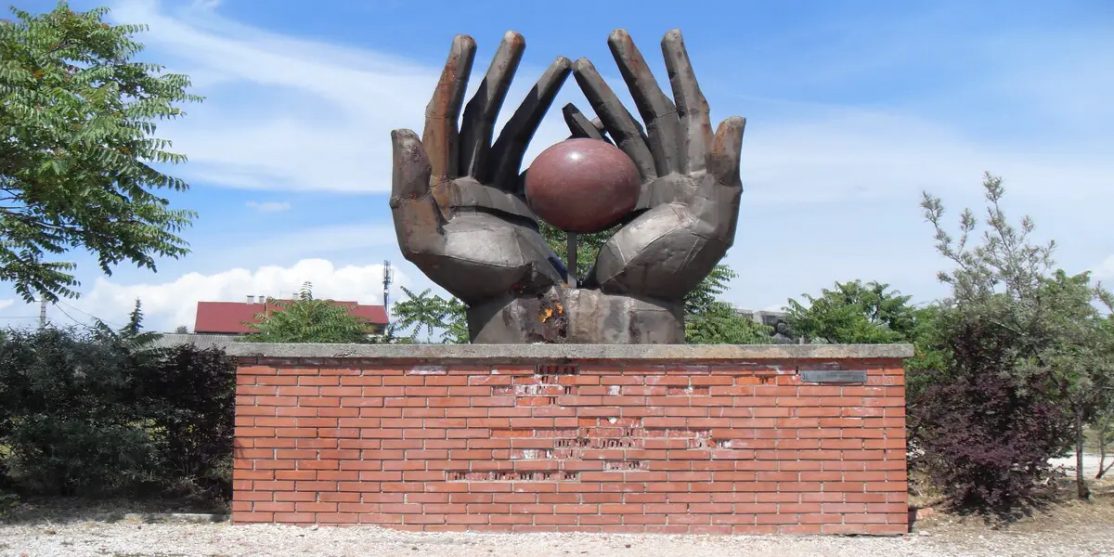DIRITTI
Towards a Global Women’s Strike: A perspective from “Non una di meno”

In October, after, another brutal killing of a women by her former boyfriend, in a country where every three days a woman is killed, we read the same title in newspapers “a fit of madness”, and on television “he loved her too much”
• Mια άποψη από την πρωτοβουλία Non Una Di Meno (Greek Version)
But looking at the streets of Poland and Argentina we had the perception that something was changing, in Italy too.
Thanks to a fruitful encounter between different female and feminist realities, collectives, networks, and many single persons, we called the demonstration “NON UNA DI MENO” (Not one less) on the 26th of November, the international day against male violence on women.
This demonstration was the unexpected event of the autumn, a real dislocation of the dominant political narrative. The demonstration changed the sense of the 26th, from being an empty institutional day, used by politicians to sanctify the victimization and impotence of women, to a day that opened a new political space, empowering women and all other subjectivities that are fighting against violence and all other forms of discriminations, especially transfeminist and LGBTQIA subjectivities.
The demonstration was called against male violence, but not an intimate understanding of violence, and not only against its extreme expression (femicide), but a structural understanding of violence. As we can read in the call of the demonstration: “violence is the austerity measures that are cutting on welfare, health care, education, and social policies; violence is reforming the labour market towards more and more casualization, as in the Italian Job Act; violence is doctors in Italy that are still permitted to raise a moral exception against abortion; violence has many forms, and we have to recognize them all to fight against them”.
As important as the demo was the assembly the day after where more than one thousand women came together to write a feminist plan against violence. This plan is a programme for tackling violence in our society, it is a plan for actions and self-organization, and a way of coming together, explore and enhance our differences. Even more, the assembly has decided, following the Polish and Argentinian women, to call for a strike the 8th of March. A strike to interrupt any kind of productive and reproductive activity.
The 4th and 5th of February another national assembly was organized in Bologna, were more than 2000 women, came together to continue the writing of the plan and to organize towards the 8th of March. These assemblies were divided in 8 workshops, that are working on the local and national level:
1. law and justice;
2. labour and welfare;
3. education as a tool against violence;
4. migrant feminism;
5. sexism in social movements;
6. sexual and reproductive rights;
7. narration and media;
8. routes against violence.
These workshops are place of debate and organization, where you can find teachers and students working together to organize the strike of the 8th of March in the school; centre against male violence discussing with occupied social centres, doctors and their possible patients, grassroots unionists, journalists, activists, and three generations of women that are facing the challenge to organize a strike of productive and reproductive work.
The 8th of March will be organized locally, each city is organizing different local actions and demo, pushing the unions to call for a strike, organizing in schools, universities, and labour places. In Italy, as in other 40 countries of the world, the strike has been recognized as a powerful tool to mobilize and to show the invisible work of women, inside and outside the workplace.
A strike of multiple forms and of 24 hours, to show the connections between productive and reproductive work. A strike that wants to be intersectional to combine struggles against the multiple forms of exploitation and oppression present in our society. A strike that is global, because organized directly by transnational subjects, and at the same time is local and rooted in our communities. A global strike to go against this emergent neoliberal authoritarian populism, expressed by Donald Trump, but as well by the many racist and misogynist groups and parties emerging everywhere in the world.
The 8th of March needs to be a starting point to open up a new transnational space of struggles and organization. A starting point that is partial and non-neutral.




